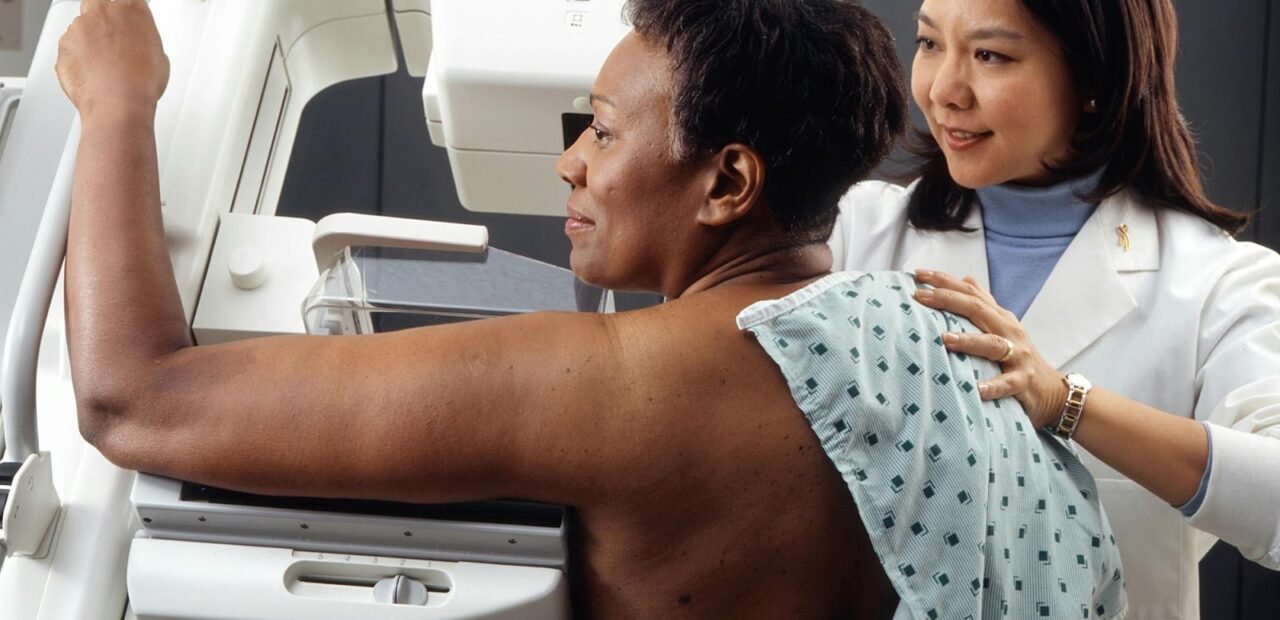What to Expect From a Women’s Health NP Program
Embarking on a journey toward a career as a Nurse Practitioner (NP) requires a deep understanding of the multifaceted role and the extensive training involved. Comprehending the nuances of this vital healthcare pathway is paramount for those eager to impact women’s health outcomes significantly. Below, we will unravel the subtleties of a Women’s Health NP program, from prerequisites to career prospects.
Understanding the Role: Exploring the Scope and Responsibilities

Embarking on a Women’s Health Nurse Practitioner (NP) program unveils a path of specialized knowledge and clinical expertise in female health. One’s grasp of the role encompasses an array of responsibilities, from primary care services to handling specialized gynecological concerns. As guardians of women’s health, these practitioners not only offer care but also serve as advocates in promoting wellness and disease prevention.
Within the academic confines of a Women’s Health NP program, students learn to navigate the health milestones unique to women, including pregnancy, menopause, and reproductive health. The curriculum bridges the gap between theory and practice, equipping aspiring NPs with the skills necessary to tailor interventions to the complexities of each life stage. For those still in their early educational journeys, pursuing scholarships for juniors in high school can help provide the financial stepping stones toward this career.
Students who attain mastery within this program experience a transformation into adept clinicians capable of leading health initiatives. They stand ready to interpret diagnostic tests, prescribe treatments, and collaborate with multidisciplinary teams. As no link has been provided, please provide a link for me to create an anchor text and thus help connect future NPs with the broader medical community.
Navigating Educational Prerequisites: Requirements and Recommendations
The educational groundwork is rigorous for aspiring healthcare professionals eyeing a specialization in women’s healthcare. An online women’s health NP program typically mandates a bachelor’s degree in nursing as a fundamental entry criterion. In addition to academic qualifications, relevant clinical experience sets the cornerstone for advanced practice.
When entering these programs, prospective students should anticipate a curriculum rich in gynecology, prenatal care, and reproductive health. Recommendations for preparatory courses often include human anatomy, physiology, and psychology to ensure a well-rounded knowledge base. Such rigorously designed prerequisites aim to prepare enrollees for the comprehensive nature of women’s health studies.
Candidates need to demonstrate a strong academic record, which is a testament to their ability to succeed in an advanced academic environment. Standardized tests may also play a role in the admission process, assessing critical thinking and analytical skills crucial for a Nurse Practitioner’s duties.
Clinical Training: Hands-On Experience and Skill Development

Clinical training forms the cornerstone of a Women’s Health Nurse Practitioner (WHNP) program, immersing students in the practical realities of patient care. Immersion in diverse healthcare environments allows them to develop essential skills under the supervision of experienced practitioners. From busy urban hospitals to community clinics, varied settings equip students with a broad spectrum of experiences in women’s health.
Within these clinical contexts, students engage directly with patients, conducting assessments, creating care plans, and performing procedures pertinent to women’s health. Active participation in the healthcare team challenges them to apply their theoretical knowledge to real-life situations. Their growth is marked by increased proficiency and confidence in their chosen specialty.
Through this experiential learning, students refine their communication and interpersonal skills, which are vital for establishing patient rapport and delivering effective healthcare. Interacting with many patients cultivates empathy and cultural sensitivity, enhancing their capability to serve diverse populations.
Career Opportunities and Advancement: Paths Beyond Graduation
Women’s Health Nurse Practitioner program graduates encounter many career opportunities, from private practice to public health administration. Many secure positions in specialized clinics focusing on obstetrics, gynecology, or fertility, where they provide expert care tailored to women’s health needs.
Advancements in the field often lead to leadership roles within healthcare organizations or contributions to policy development to improve women’s health services. Experienced WHNPs may ascend to positions such as director of women’s health services, wielding influence over program planning and resource allocation. Their expertise becomes a driving force in enhancing the standard of care provided to women at various life stages.
Continuing education and certification in subspecialties open additional avenues for WHNPs to refine their practice and heighten their career trajectory. With a dedication to lifelong learning, many pursue qualifications in areas like perinatal nursing or menopausal health, thereby bolstering their scope of practice and positioning themselves as sought-after professionals in their domain.
Overall, embarking on a Women’s Health NP program promises a journey of profound learning and professional growth. It equips individuals with the skills and knowledge to contribute significantly to women’s healthcare. As graduates navigate their careers, they become champions of women’s health, advocating for better services and shaping the future of healthcare for generations to come.
Read Also Wellhealthorganic




